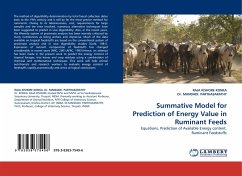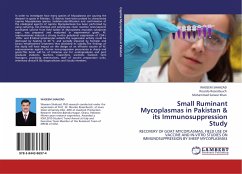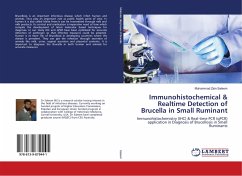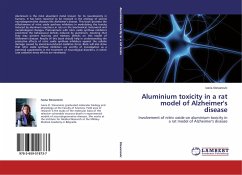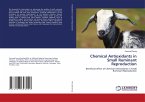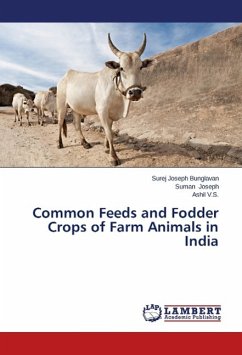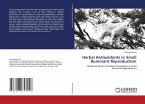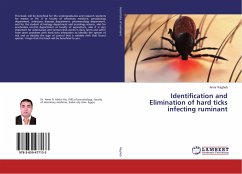The method of digestibility determination by total faecal collection dates back to the 19th century and is still by far the most precise method for ruminants. Owing to its laboriousness, cost, requirements for large samples and the time involved, numerous alternative techniques have been suggested to predict in vivo digestibility. Also, in the recent years, the Weende system of proximate analysis has been severely criticized by many nutritionists as being archaic and imprecise. Much of the data available on tropical feedstuffs are based on the conventional system of proximate analysis and in vivo digestibility studies (Gohl, 1981). Expression of nutrient composition of feedstuffs has changed considerably in recent years (NRC, 2001;AFRC, 1993).Hence, an attempt has been made in the present work to predict the energy content of tropical forages, tree leaves and crop residues using a combination of chemical and mathematical techniques. This work will help animal nutritionists and research workers to evaluate energy content of feedstuffs rapidly,economically and arrive at logical conclusions.

